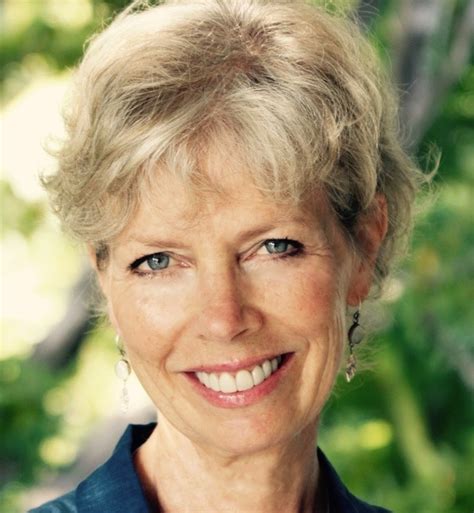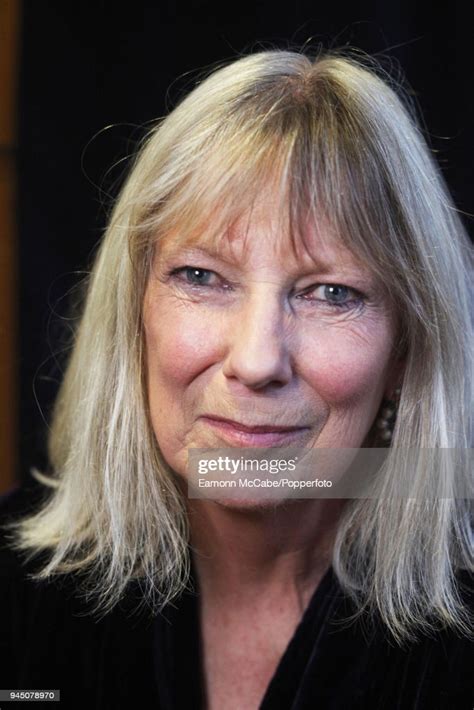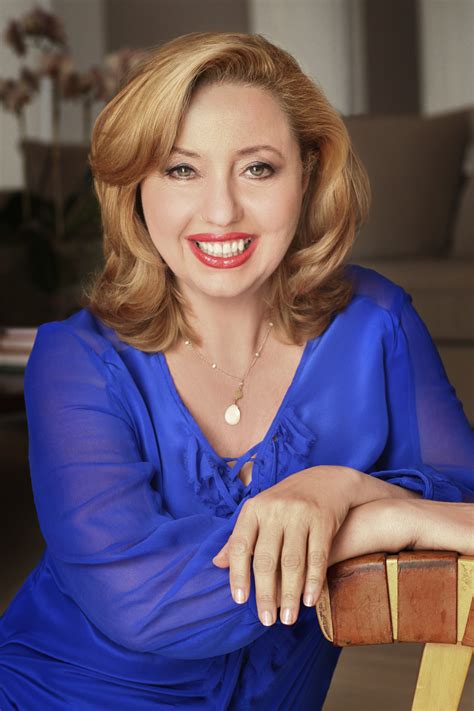A Quote by Katrina Kenison
One thing we've learned this summer is that a house is not an end in itself, any more than "home" is just one geographic location where things feel safe and familiar. Home can be anyplace in which we create our own sense of rest and peace as we tend to the spaces in which we eat and sleep and play. It is a place that we create and re-create in every moment, at every stage of our lives, a place where the plain and common becomes cherished and the ordinary becomes sacred.
Related Quotes
We forget that we create the situations, then we give our power away by blaming the other person for our frustration. No person, no place, and no thing has any power over us, for “we” are the only thinkers in our mind. We create our experiences, our reality, and everyone in it. When we create peace and harmony and balance in our mind, we will find it in our lives.
A home isn't just a roof over our heads. A home is a place where we feel loved and where we love others. It's a place we belong. Love is what makes a home, not the contents inside the house or the number on the door. It's the people waiting for us across the threshold, the people who will take us in their arms after a ad day and kiss us good night and good morning everyday for the rest of our lives.
As the years pass, I am coming more and more to understand that it is the common, everyday blessings of our common everyday lives for which we should be particularly grateful. They are the things that fill our lives with comfort and our hearts with gladness -- just the pure air to breathe and the strength to breath it; just warmth and shelter and home folks; just plain food that gives us strength; the bright sunshine on a cold day; and a cool breeze when the day is warm.
I think there's a very fundamental urge to create a safe space, a home; most animals have that impulse, and humans certainly do - with some exceptions, like nomadic people who perhaps don't feel the need to settle in quite that way. But most of us do want to have space, somewhere we feel secure and where we repeatedly return. Somewhere we can sleep without fear. And there's nothing wrong with that desire. It's completely understandable. It only becomes ugly when that creation of a safe space involves making an enclosure from which other people are kept out.
We create our own reality because of our inner emotional - our subconscious - reality draws us into those situations from which we learn. We experience it as strange things happening to us (and) we meet the people in our lives that we need to learn from. And so we create these circumstances at a very deep metaphysical and subconscious level.
America is an open society, more open than any other in the world. People of every race, of every color, of every culture are welcomed here to create a new life for themselves and their families. And what do these people who enter into the American mainstream have in common? English, our shared common language.
I am a partisan for conversation. To make room for it, I see some first, deliberate steps. At home, we can create sacred spaces: the kitchen, the dining room. We can make our cars 'device-free zones.' We can demonstrate the value of conversation to our children. And we can do the same thing at work.
You wake in the morning and proclaim yourself to be the bearer of goodness. "I will bring good. I will attract good. I will create good. Good things happen to me, and my life is good." You start to move into the track of goodness, and that becomes a place of abundance, a place of rest, a place of relaxation, and a place of trust.
I think that we need to begin talking about what does it mean to create these safe spaces in our communities, to begin welcoming one another into our homes and into our communities when they're returning home from prison, people who are on the streets. We need to begin doing the work in our own communities of creating the kind of democracy that we would like to see on a larger scale.



































